Home Remedies For Winter Skin Care
The road to hydrated skin is paved with some simple nourishing ingredients.

Image: Shutterstock
With comfy blankets, cozy sweaters, hot chocolate, and family gatherings, winter brings dry, itchy skin that warrants the use of home remedies for winter skin care.
While tons of creams and lotions claim to keep your skin smooth and moisturized, the home remedies shared in this post will help keep your skin smooth, soft, and well-moisturized without the side effects of chemicals.
Top these remedies with warm soups and adequate water intake, and you are ready to face the winter woes head-on! Read on to find out more about these home remedies that can help keep your skin well-nourished during the harsh winters.
In This Article
Home Remedies For Winter Skin Care
1. Papaya And Honey Pack
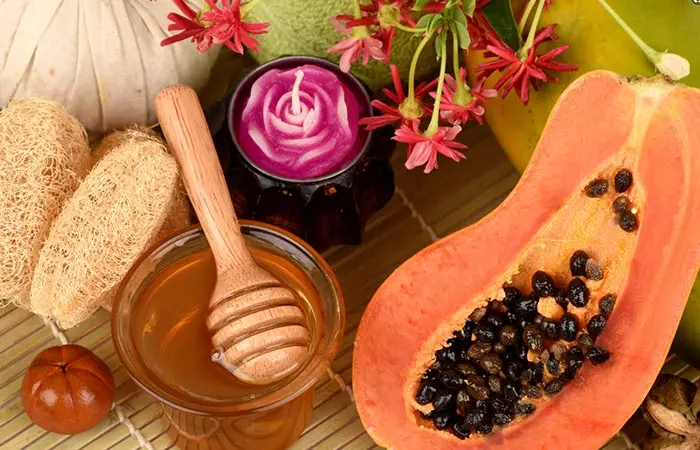
Ripe papayas are rich in antioxidants that can work as anti-aging agents (1). Honey is a humectanti Any substance with the potential to retain moisture. It is often used as a hydrating agent in skincare products. that makes your skin soft and supple (2).
You Will Need
- 1 ripe papaya
- Honey
What You Have To Do
- Mash the ripe papaya and add honey to make a thick paste.
- Apply this paste on your face, neck, hands, and feet with dry skin and leave it on for 20 minutes.
- Wash it off.
How Often You Should Do This
Do this two times a week.
 Quick Tip
Quick Tip2. Milk And Almond Pack
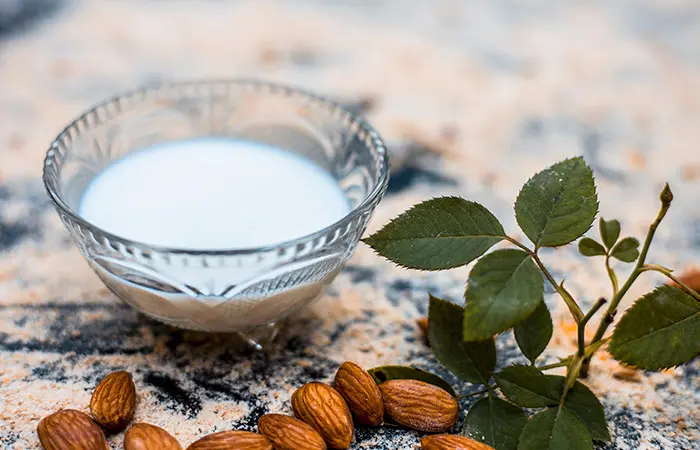
Almonds are rich in vitamin E and bioactive compoundsi Plant compounds that can boost one’s health but are inessential for growth, such as the antioxidant properties of caffeine in coffee. that restore the moisture balance of your skin (3). Using a face pack of almonds and milk can help reduce the dryness of your skin and make it more supple.
You Will Need
- 1-2 tablespoons of homemade almond powder
- 2-3 tablespoons of fresh milk
What You Have To Do
- Make a thick paste by mixing almond powder and milk.
- Apply it to the areas with dry skin and leave it on for 10 minutes.
- Wash off with plain water.
How Often You Should Do This
Doing this one to two times a week can help moisturize your skin.
Caution: If you are allergic to milk and milk products, do not try this remedy.
3. Yogurt And Honey Pack
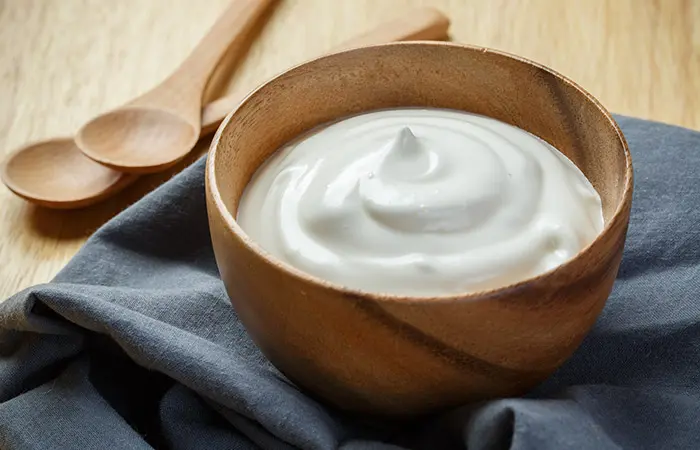
Yogurt moisturizes your skin, preventstransepidermal water lossi Loss of water that takes place due to evaporation through the skin’s outermost layer. It is considered a function of the skin barrier. , and increases skin elasticity (4). Honey, as we already know, moisturizes the skin and keeps it supple.
You Will Need
- 1 bowl of yogurt
- 1 tablespoon of honey
What You Have To Do
- Mix yogurt and honey in a bowl.
- Apply this mixture on the affected areas of your body.
- Rinse it off with cold water after 15 minutes.
How Often Should You This
You can apply this pack two times a week.
4. Glycerin
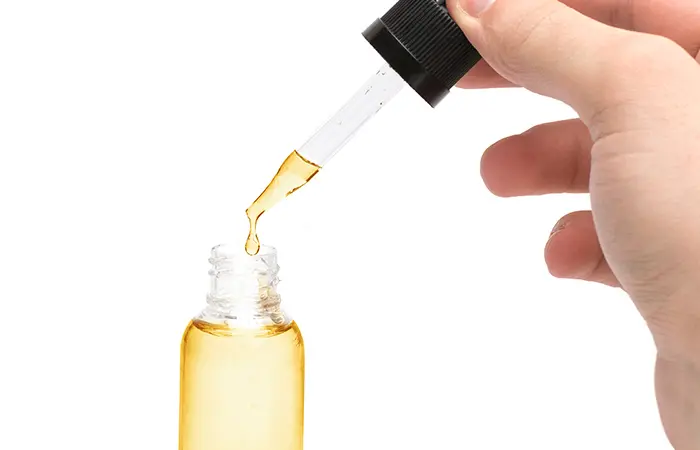
Glycerin is a potent humectant that effectively restores the moisture content of your skin (5).
You Will Need
- Glycerin
- Sterile cotton pad
What You Have To Do
- Apply glycerin on the dry areas of your skin using a cotton pad.
- Leave it on to be absorbed into your skin.
How Often You Should Do This
You can do this several times a week.
5. Petroleum Jelly
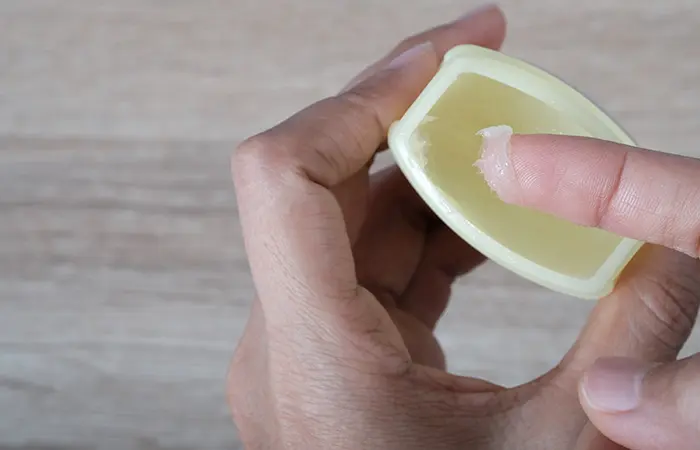
Petroleum jelly has been used as a moisturizing agent due to its excellent moisture-retaining properties. It prevents the loss of moisture from the skin surface better than most other natural moisturizing agents (6). Thus, it’s an excellent way to moisturize your skin and keep it looking hydrated. However, there are more ways to moisturize your skin naturally, which you can know about and imbibe in your daily skincare routine, especially in winter.
You Will Need
1 tablespoon of petroleum jelly
What You Have To Do
Apply the jelly to the affected areas and massage it gently into your skin.
How Often You Should Do This
You can apply this once every day.
Note: Do not use this remedy if you have acne-prone skin.
6. Coconut Oil
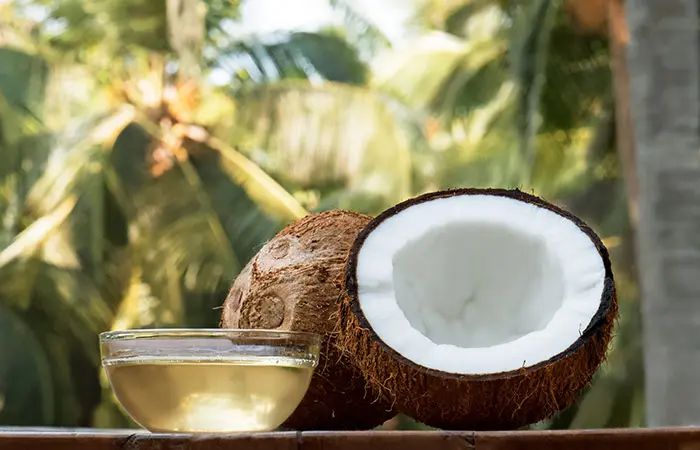
The bioactive constituents of coconut oil make it suitable to treat dry skin. It works as an excellent moisturizer and prevents the loss of moisture from the surface of your skin (7).
You Will Need
Virgin coconut oil
What You Have To Do
- Apply coconut oil on the affected areas and massage it in gently.
- Leave it on. Do not wash off with water.
How Often You Should Do This
Do this at least once a day.
Bea Rue, a blogger, shared a simple winter face care tip using beeswax and coconut oil. She wrote, “My especially thirsty and sometimes chapped fall and winter skin love this. However, it probably isn’t the best moisturizer for those with oily skin (i).” She further added, “I’ve been pretty much exclusively using this simple DIY moisturizer every day for the past couple of years, and I love everything about it- its subtly sweet smell, creamy texture, all-around usefulness and utter simplicity.”
There is more to winter face care tips. Hence, you must explore everything and choose according to your skin type, texture, and regular skin care routine.
7. Lemon And Honey
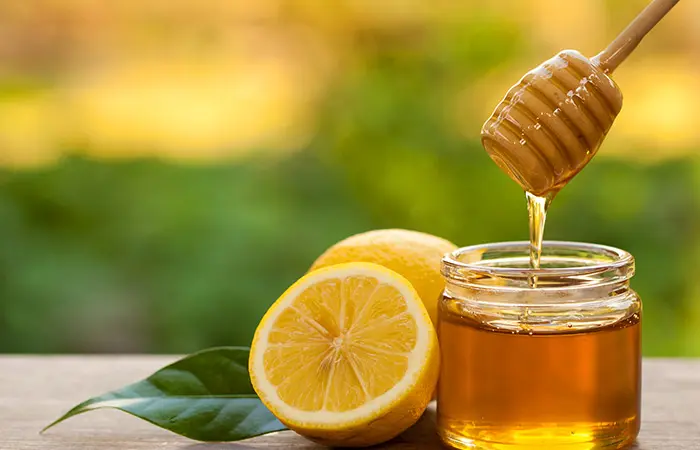
Lemon is rich in antioxidants. Honey is an excellent moisturizing agent (8). Together, they can soothe dry and itchy skin in the winter months.
You Will Need
- ½ ripe lemon
- Honey
What You Have To Do
- Extract the juice from half a ripe lemon and add honey to it.
- Mix well and apply it to the affected areas.
- Wash off after 15 minutes.
How Often You Should Do This
You can do this at least two times a week.
8. Sunflower Seed Oil
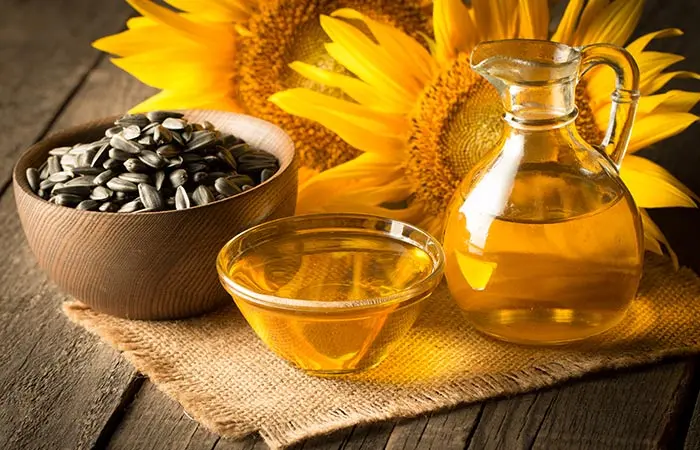
Sunflower seed oil has been used as a remedy for dry skin for ages. It helps prevent the loss of moisture from the surface of your skin, thereby keeping it hydrated and supple (9).
You Will Need
A few drops of sunflower seed oil
What You Have To Do
- Take some sunflower seed oil in your palms and gently massage it into your skin.
- Leave it on to be absorbed. Do not wash it off.
How Often You Should Do This
You can do this at least once a day.
9. Strawberry Face Mask
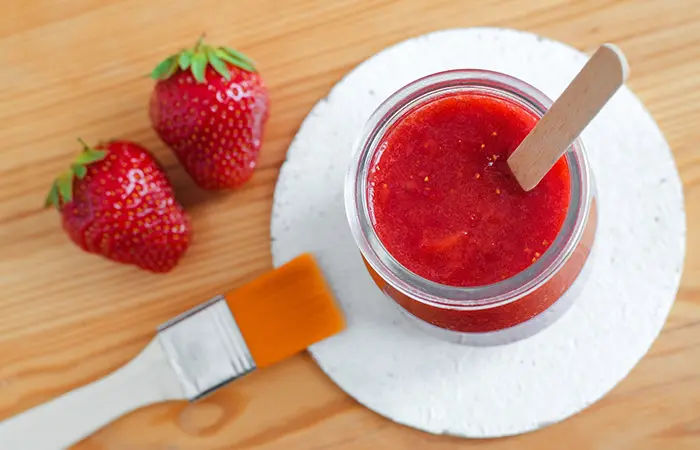
Strawberries are increasingly being used in cosmetic products due to their moisturizing and anti-aging properties (10). They can help eliminate dryness and leave your skin feeling soft, hydrated, and supple.
You Will Need
- 2-3 fresh strawberries
- 1-2 tablespoons of fresh cream
- Honey
What You Have To Do
- Slice up the strawberries and mash them.
- Make a thick paste by mixing fresh cream and honey with the mashed strawberries.
- Apply this pack on your face and neck and leave on for 10-12 minutes.
- Wash off with plain water.
How Often You Should Do This
Do this two times a week for best results.
Caution: Those allergic to dairy products can avoid fresh cream or add an extra tablespoon of honey to the mix.
 Quick Tip
Quick Tip10. Jojoba Oil
Jojoba has emollient properties that help hydrate dry skin and improve suppleness (12). It also possesses antibacterial and anti-inflammatory properties that help reduce skin irritation. This way, it may help soothe dry skin and reduce skin dehydration and flaking in winters.
You Will Need
A few drops of jojoba oil
What You Have To Do
- Spread some jojoba oil in your palms.
- Apply the oil to the skin and massage gently.
- Allow the oil to get absorbed completely.
How Often You Should Do This
You can use jojoba oil for dry skin once or twice a day.
Winters can be harsh on the skin, and you may need to take extra care to meet your skin’s hydration and nutrition needs. Winter skin care home remedies can help you relieve dry skin by restoring the natural moisture balance and providing nutrition. Face packs using ingredients like papaya, honey, milk, yogurt, almond, strawberries, oatmeal and lemon can make your skin soft, hydrated, and supple. Sunflower oil, coconut oil, glycerine, aloe vera, shea butter and petroleum jelly are stand-alone ingredients that can be directly applied topically to relieve dryness. Besides using these remedies and following more tips for dry skin, such as applying Hyaluronic Acid Serum, Avocado mask, etc., ensure that you load up on warm fluids and water throughout winter for healthy and internally nourished skin.
Key Takeaways
- Coconut oil helps treat dry skin as it is a good moisturizer and prevents moisture loss from the skin.
- Pair moisturizing and nourishing ingredients together, like honey with papaya or milk with almonds, to make effective home remedies for winter skin.
- A strawberry face mask may soften the skin and reduce dryness.
- Apply glycerin, petroleum jelly and sunflower seed oil to retain moisture in the skin.
Frequently Asked Questions
Is rose water a moisturizer?
Rose water is not a moisturizer, but you can mix it with other moisturizing ingredients to hydrate your skin.
Is Vaseline good for the face?
Yes, Vaseline is good to apply on the face. However, ensure to wash it properly; otherwise, it may congest the pores.
Should I put Vaseline on my lips?
You can put Vaseline on the lips to prevent chapped lips during cold weather. However, do not apply it if you are allergic to it.
What can I use instead of moisturizer?
You can use oils like coconut oil, jojoba oil, almond oil, or argan oil if you do not want to use moisturizer.
Illustration: Home Remedies For Winter Skin Care

Image: Stable Diffusion/StyleCraze Design Team
References
Articles on StyleCraze are backed by verified information from peer-reviewed and academic research papers, reputed organizations, research institutions, and medical associations to ensure accuracy and relevance. Read our editorial policy to learn more.
- Traditional and Medicinal Uses of Carica papaya, Journal of Medicinal Plants Studies.
https://www.plantsjournal.com/vol1Issue1/Issue_jan_2013/2.pdf - Honey in dermatology and skin care: a review. Journal of Cosmetic Dermatology, US National Library of Medicine, National Institutes of Health.
https://pubmed.ncbi.nlm.nih.gov/24305429/ - Anti-Inflammatory and Skin Barrier Repair Effects of Topical Application of Some Plant Oils, MDPI, US National Library of Medicine, National Institutes of Health.
https://www.ncbi.nlm.nih.gov/pmc/articles/PMC5796020/ - Clinical efficacy of facial masks containing yoghurt and Opuntia humifusa Raf. (F-YOP). Journal of Cosmetic Science, US National Library of Medicine, National Institutes of Health.
https://www.ncbi.nlm.nih.gov/pmc/articles/PMC6001785/ - Glycerol and the skin: holistic approach to its origin and functions. The British Journal of Dermatology, US National Library of Medicine, National Institutes of Health.
https://www.ncbi.nlm.nih.gov/pmc/articles/PMC5560567/ - Moisturizers: The Slippery Road, Indian Journal of Dermatology, US National Library of Medicine, National Institutes of Health.
https://www.ncbi.nlm.nih.gov/pmc/articles/PMC4885180/ - A randomized double-blind controlled trial comparing extra virgin coconut oil with mineral oil as a moisturizer for mild to moderate xerosis. Dermatitis, US National Library of Medicine, National Institutes of Health.
https://pubmed.ncbi.nlm.nih.gov/15724344/ - Medicinal and cosmetic uses of Bee’s Honey – A review, AYU, US National Library of Medicine, National Institutes of Health.
https://www.ncbi.nlm.nih.gov/pmc/articles/PMC3611628/ - Effect of olive and sunflower seed oil on the adult skin barrier: implications for neonatal skin care. Pediatric Dermatology, US National Library of Medicine, National Institutes of Health.
https://pubmed.ncbi.nlm.nih.gov/22995032/ - Strawberry-Based Cosmetic Formulations Protect Human Dermal Fibroblasts against UVA-Induced Damage, Nutrients, US National Library of Medicine, National Institutes of Health.
https://www.ncbi.nlm.nih.gov/pmc/articles/PMC5490584/ - Berry Phenolic Antioxidants – Implications for Human Health?
https://www.ncbi.nlm.nih.gov/pmc/articles/PMC5890122/ - Jojoba oil: an updated comprehensive review on chemistry, pharmaceutical uses, and toxicity
https://www.ncbi.nlm.nih.gov/pmc/articles/PMC8197201/ - Traditional and Medicinal Uses of Carica papaya, Journal of Medicinal Plants Studies.
https://www.plantsjournal.com/vol1Issue1/Issue_jan_2013/2.pdf - Honey in dermatology and skin care: a review. Journal of Cosmetic Dermatology, US National Library of Medicine, National Institutes of Health.
https://pubmed.ncbi.nlm.nih.gov/24305429/ - Anti-Inflammatory and Skin Barrier Repair Effects of Topical Application of Some Plant Oils, MDPI, US National Library of Medicine, National Institutes of Health.
https://www.ncbi.nlm.nih.gov/pmc/articles/PMC5796020/ - Clinical efficacy of facial masks containing yoghurt and Opuntia humifusa Raf. (F-YOP). Journal of Cosmetic Science, US National Library of Medicine, National Institutes of Health.
https://www.ncbi.nlm.nih.gov/pmc/articles/PMC6001785/ - Glycerol and the skin: holistic approach to its origin and functions. The British Journal of Dermatology, US National Library of Medicine, National Institutes of Health.
https://www.ncbi.nlm.nih.gov/pmc/articles/PMC5560567/ - Moisturizers: The Slippery Road, Indian Journal of Dermatology, US National Library of Medicine, National Institutes of Health.
https://www.ncbi.nlm.nih.gov/pmc/articles/PMC4885180/ - A randomized double-blind controlled trial comparing extra virgin coconut oil with mineral oil as a moisturizer for mild to moderate xerosis. Dermatitis, US National Library of Medicine, National Institutes of Health.
https://pubmed.ncbi.nlm.nih.gov/15724344/ - Medicinal and cosmetic uses of Bee’s Honey – A review, AYU, US National Library of Medicine, National Institutes of Health.
https://www.ncbi.nlm.nih.gov/pmc/articles/PMC3611628/ - Effect of olive and sunflower seed oil on the adult skin barrier: implications for neonatal skin care. Pediatric Dermatology, US National Library of Medicine, National Institutes of Health.
https://pubmed.ncbi.nlm.nih.gov/22995032/ - Strawberry-Based Cosmetic Formulations Protect Human Dermal Fibroblasts against UVA-Induced Damage, Nutrients, US National Library of Medicine, National Institutes of Health.
https://www.ncbi.nlm.nih.gov/pmc/articles/PMC5490584/ - Berry Phenolic Antioxidants – Implications for Human Health?
https://www.ncbi.nlm.nih.gov/pmc/articles/PMC5890122/ - Jojoba oil: an updated comprehensive review on chemistry, pharmaceutical uses, and toxicity
https://www.ncbi.nlm.nih.gov/pmc/articles/PMC8197201/
Read full bio of Dr. Seepika Jaiswal
Read full bio of Shaheen Naser
Read full bio of Anjali Sayee
Read full bio of Swathi E






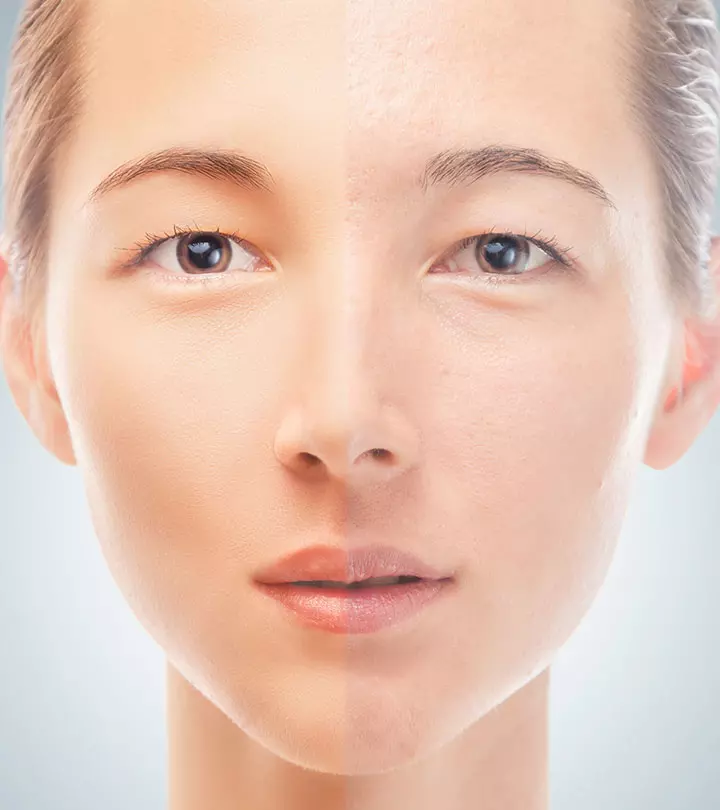

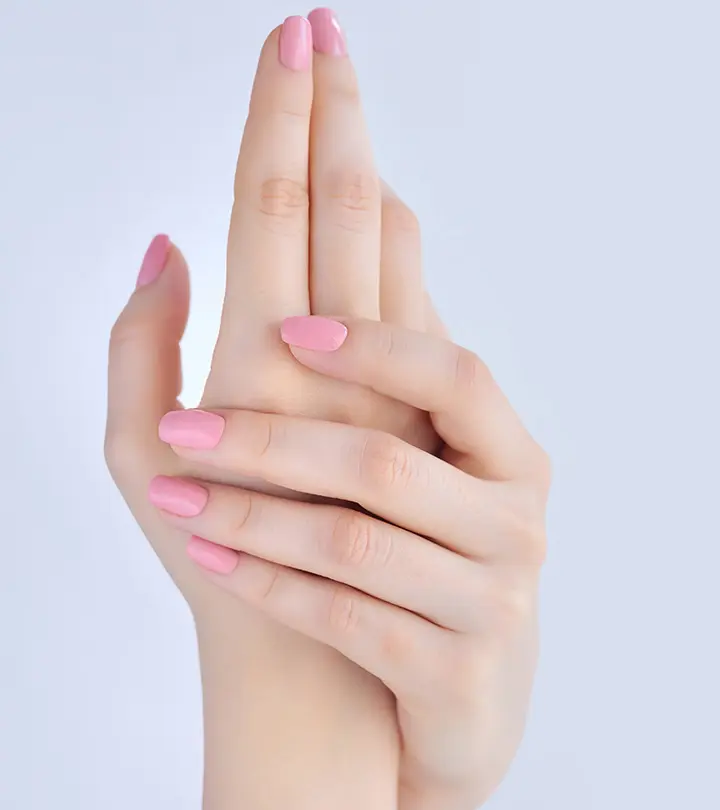
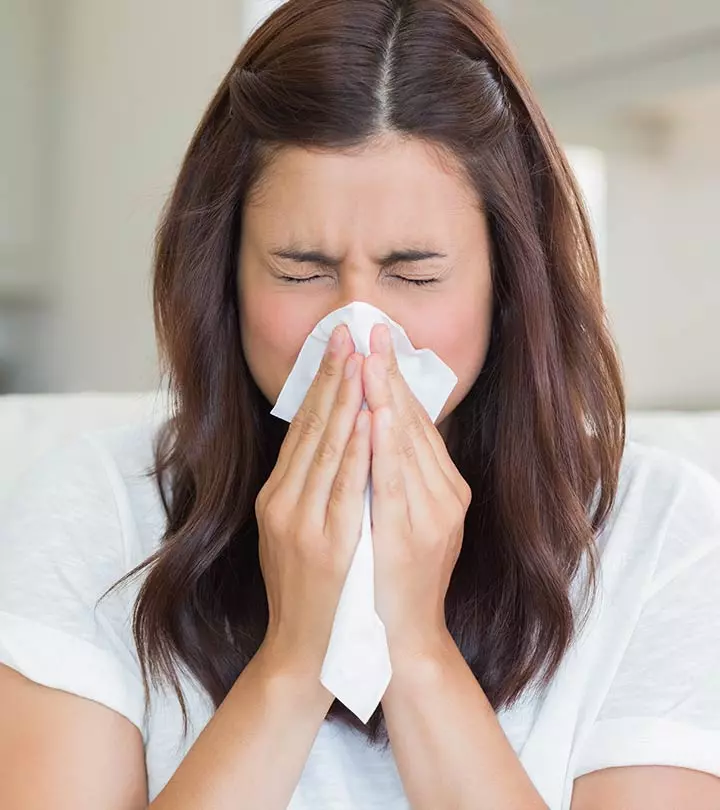

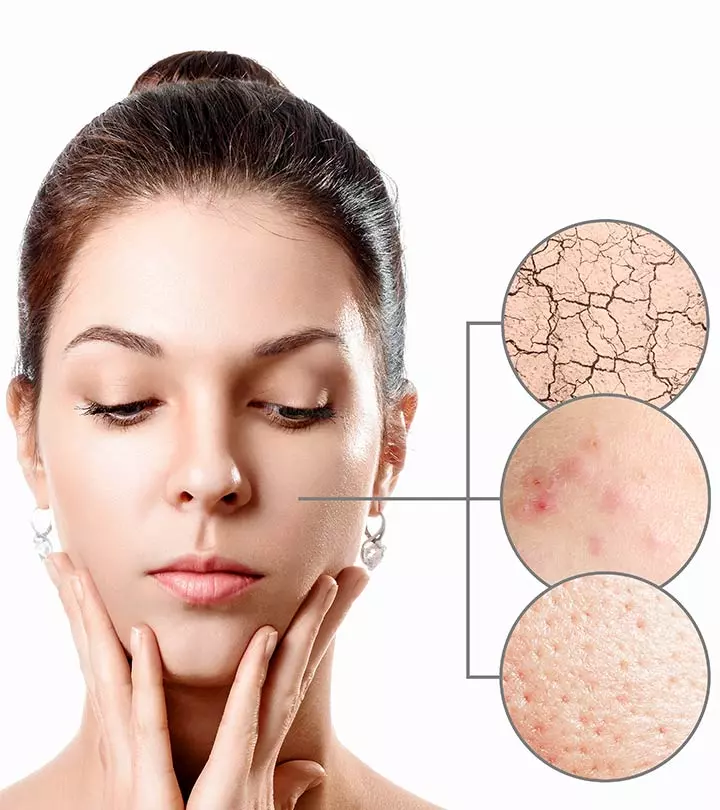




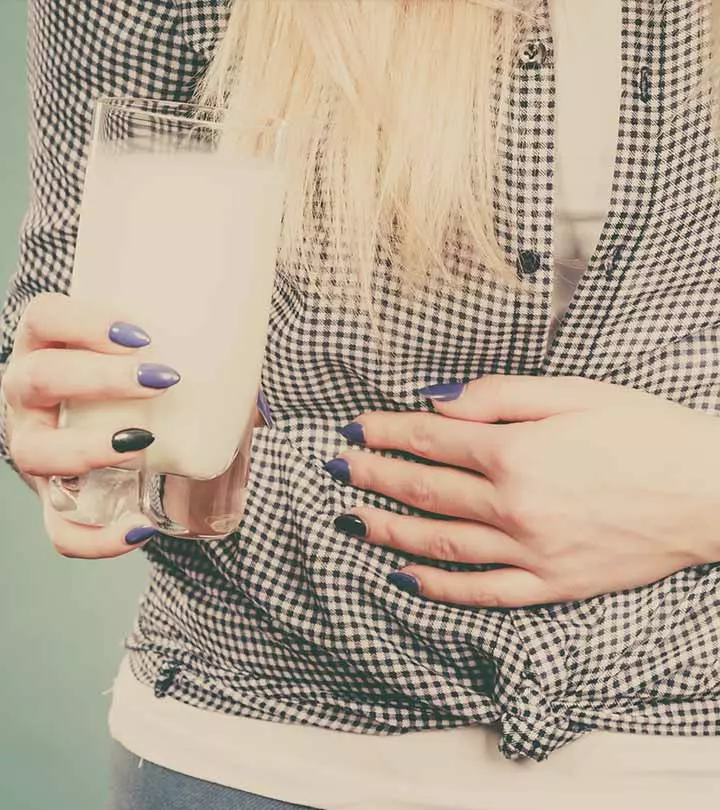

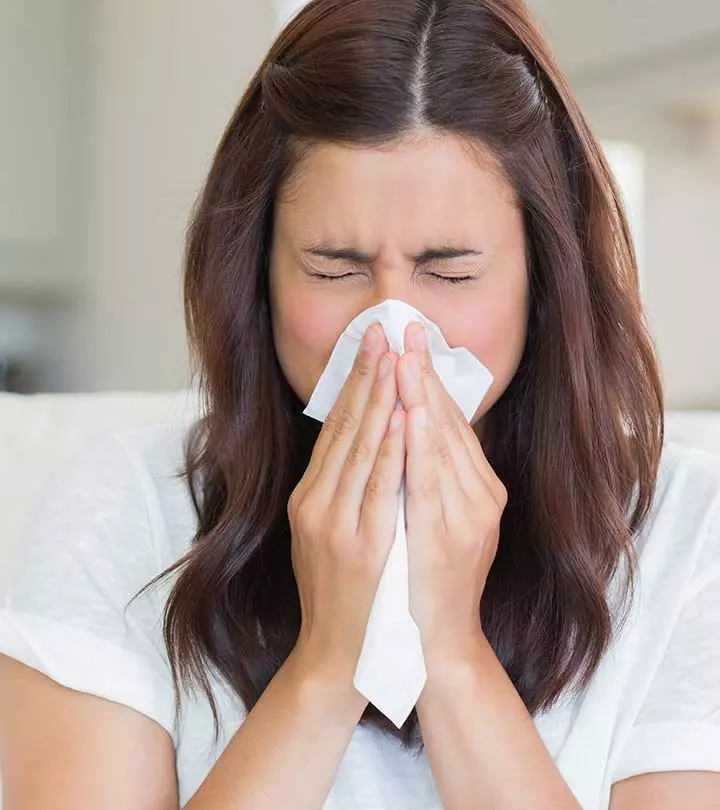
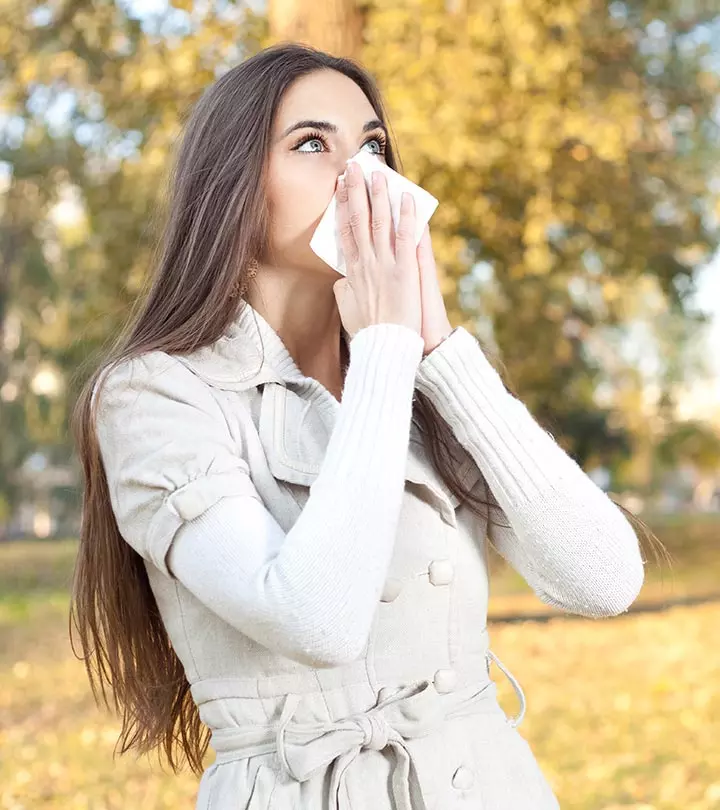




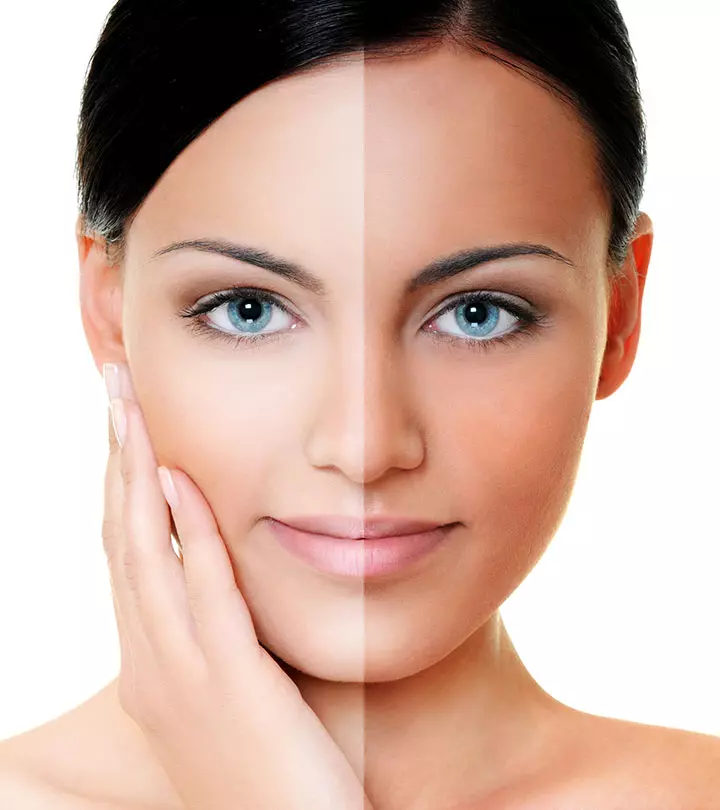


Community Experiences
Join the conversation and become a part of our empowering community! Share your stories, experiences, and insights to connect with other beauty, lifestyle, and health enthusiasts.